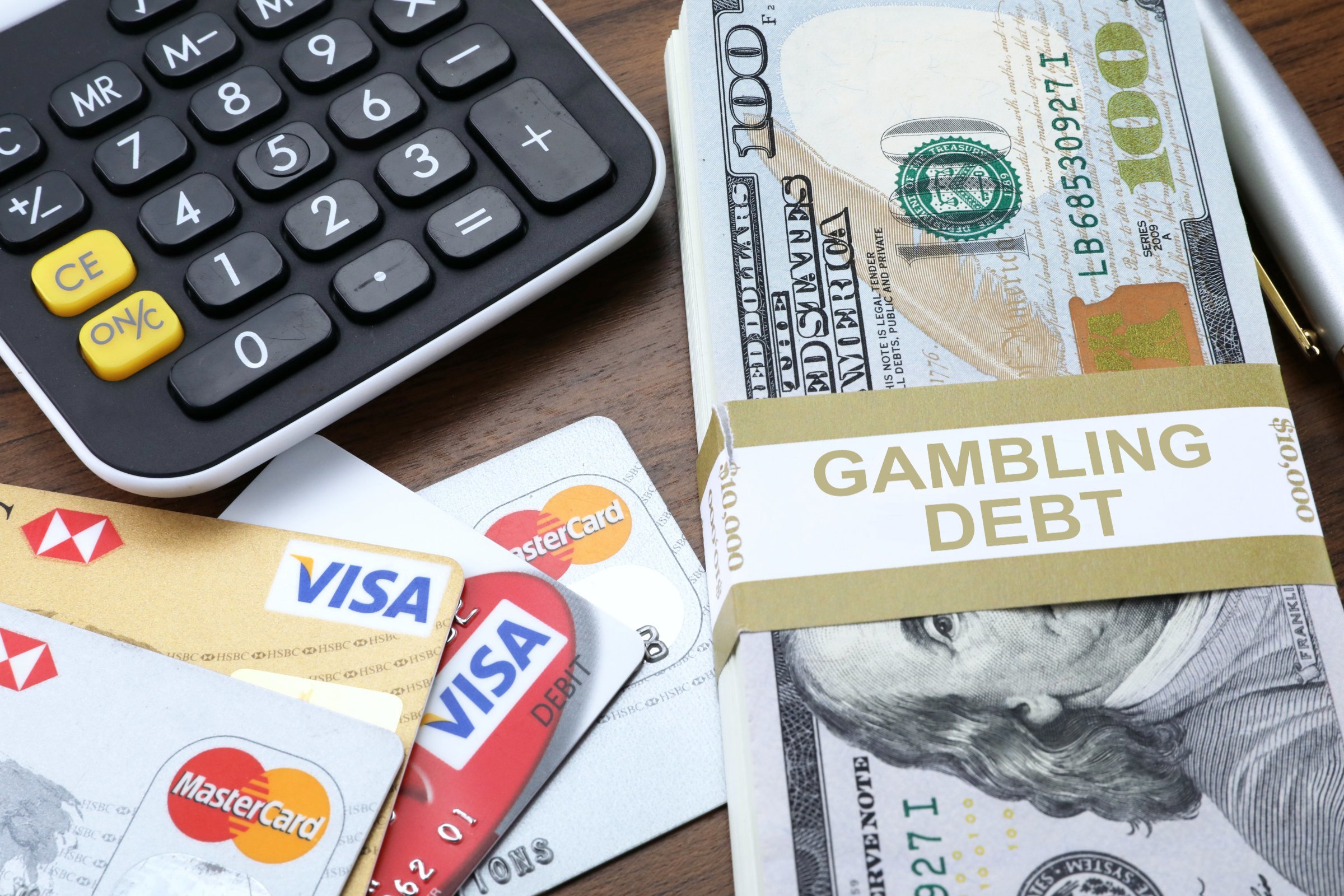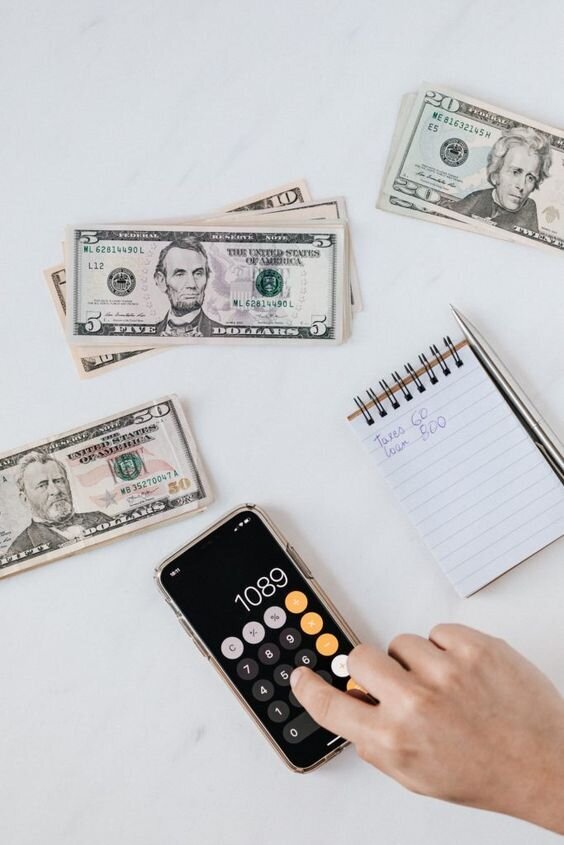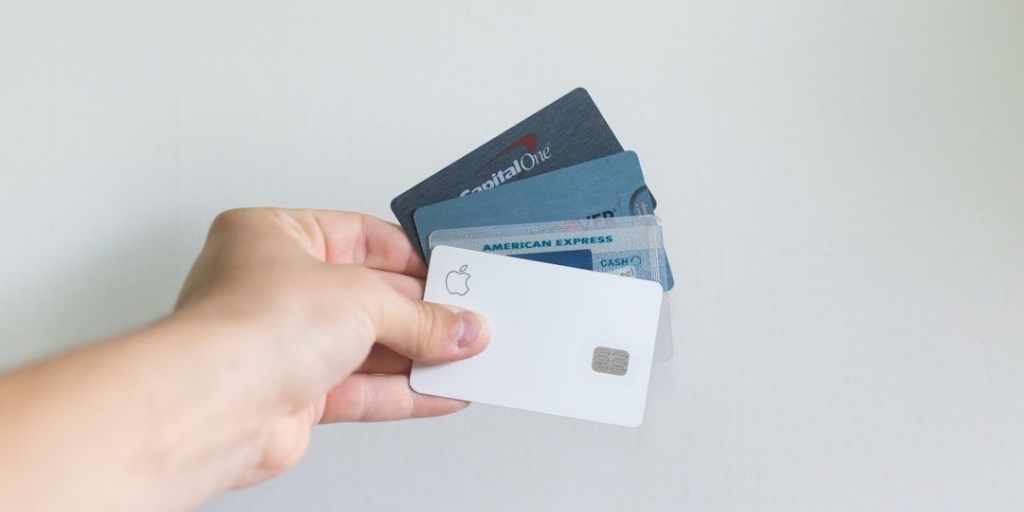
Preparing documentation for bankruptcy as a gambling addict requires transparency and thoroughness to avoid complications and ensure the process moves smoothly. Here’s a step-by-step guide: 1. Gather Financial Records Income Statements: Pay stubs for the past 6 months. Tax returns for the past 2-3 years. Bank Statements: Include all accounts for the last 6-12 months […]
read more

After a judgment is entered against you in a court of law, creditors gain legal rights to collect the debt you owe, including the possibility of wage garnishment. Here’s what typically happens after a judgment is granted and how wage garnishment works: 1. Notification of Judgment Once a judgment is issued in favor of the […]
READ MORE

When you stop paying your credit cards, the consequences can escalate over time and affect your credit score, finances, and even legal standing. Here’s a breakdown of what can happen: 1. Late Fees and Increased Interest Rates (1–30 days late) Late Fees: Most credit card companies will charge you a late fee for missing a […]
read more

A common myth is that taxes are not dischargeable in a bankruptcy. Taxes can be dischargeable in a Chapter 7 bankruptcy. It can be categorized in the same bucket as all your other unsecured debts. Here are some basic rules to know: 3 Year Rule The first is the 3-Year Rule. This states that in […]
READ MORE

Bankruptcy Exemptions When filing for Chapter 7 Bankruptcy, you are allowed certain bankruptcy exemptions. They are referred to as 703 and 704 exemptions. These are also protections of your income and assets. The exemptions allow you to keep some or all your assets, California allows for many exemptions of your property, retirement accounts and other […]
read more

Debt Settlement Debt settlement is an alternative to filing for bankruptcy relief. The typical process of debt settlement is contacting a creditor and offering them a payoff for less than the full balance owed. Typical settlements generally range from 20-50%. However, what debtors need to be aware of is that the creditor is under no […]
READ MORE

1.) Initial Consultation: This meeting usually takes place via phone or video conference. It lasts about an hour and Attorney Khan will go through the entire intake process with you. You should be 100% transparent about your income, marital status, and assets you own, and have a list of all bank accounts. My questions will […]
read more

Returning a financed car without penalty is challenging, but there are options you might consider depending on your situation, contract, and the lender’s policies. Here are some common approaches: 1. Voluntary Repossession (Surrender) You can voluntarily surrender the car to the lender, meaning you give it back without them needing to repossess it. However, this […]
READ MORE

Using your credit cards just before filing for bankruptcy can be risky and may raise concerns. Here’s what you need to consider: Potential for Fraud: If you make significant purchases or cash advances on your credit cards shortly before filing, the bankruptcy court or your creditors may view these transactions as fraudulent. This is especially […]
read more

In bankruptcy, certain luxury goods and cash advances made within a specific time period before the filing are presumed fraudulent and non-dischargeable. Under U.S. bankruptcy law (specifically, 11 U.S.C. § 523(a)(2)(C)), the following transactions are presumed non-dischargeable: Luxury Goods or Services: If a debtor purchases luxury items within 90 days before filing for bankruptcy, and […]
READ MORE
helping good people with bad debt
helping good people with bad debt
Stockton • Elk Grove • Pleasanton • sacramento • los angeles • Surrounding Areas
Connect
Blog
Read the